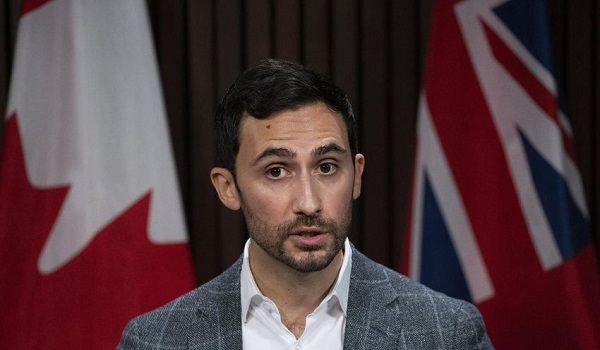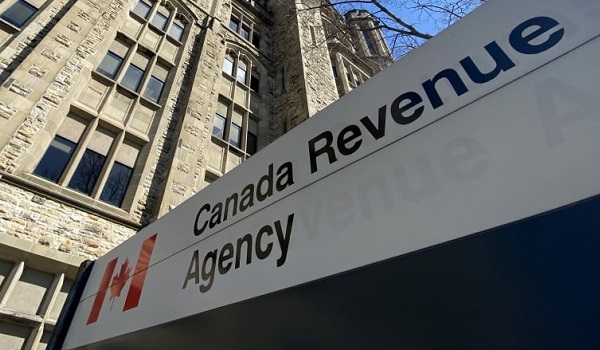Teachers union against Ontario plan to tackle teachers’ shortages
Ontario’s teacher unions support a move to restrict the number of days retirees can work, saying the province is relying on “Band-Aids and half measures” instead of addressing the ongoing shortage, though school boards are warning the move could mean more cancelled or combined classes.
At Queen’s Park, Education Minister Stephen Lecce said the government is looking at longer-term measures to address the shortage, but that the number of sick days teachers take — an average of 16 per year — is a contributing factor.
The four teacher unions say a decision by their umbrella provincial federation to keep the current allowable 50 days, instead of again extending that to 95 days, was the right one.
“More and more classes are being combined, covered by unqualified and uncertified adults, or even outright cancelled,” said a statement from three teacher unions representing public elementary and secondary teachers as well as Catholic educators. “All of this jeopardizes the learning environment and takes an extraordinary toll on students, teachers, and education workers.”
School boards, however, say that given the wider shortage of educators and the limited help of retirees, the unions outline will only be exacerbated, given there are just three months left in the school year and retirees are close to, or have already, maxed out max out their allotted work days teaching or subbing in for principals.
The Toronto District School Board, the country’s largest, uses principals or vice-principals to cover classes when possible, and classroom teachers are also being called upon — typically those who work in the school library or English-as-a-second-language or special education, meaning those programs are lost.
“The board depends on retired teaching staff who are critical to supporting our schools through shortages of supply staff to fill daily absences. These retired staff are already qualified and ready to support our students to ensure minimal classroom disruption to learning,” said Nancy Crawford, chair of the Toronto Catholic District School Board.
“Current and projected levels of teaching and administrator leaves, coupled with our educational partners’ resistance to increase the number of days that retired staff can work, renders our board vulnerable to not being able to provide proper administrative oversight at (Toronto Catholic board) schools” and with just three months left this school year, it “this decision does not allow for adequate time to plan in an already strained system.”
Lecce called the decision regarding retirees “regrettable” and urged the teacher unions to reconsider.
He said the government has put some measures in place to alleviate the shortage of supply teachers and has provided funding for 2,000 new teaching positions this school year. Student-teachers are also allowed to work in classrooms.
Several current teachers who contacted the Star said they are concerned they will bear the brunt of this decision, at a time when they are already feeling overloaded in their classrooms.
David Mastin, first vice-president of the Elementary Teachers’ Federation of Ontario, said there’s no evidence allowing retirees more working days will provide any meaningful relief.
The province, he added, is “asking us for this Band-Aid … it covers the problem, and it prevents people from seeing the real problem … As uncomfortable as this may be, we need people to see what this problem is.”
Yves Durocher, who heads the Ontario Teachers’ Federation, said in an interview that an action table committee was created a year ago to look into teacher recruitment and retention, but no recommendations have been released as yet.
Over the past three years, the federation has allowed retired teachers to work up to 95 days a year in schools without any impact on their pension, up from the usual 50 days.
Karen Littlewood, president of the Ontario Secondary School Teachers’ Federation, blamed the provincial government for not dealing with the problem when it knew turning to retirees was a temporary situation.
She said there will be unqualified people working in classrooms and “it’s really disappointing and what’s happening is students end up suffering because of this.”
A budget report currently before the Toronto District School Board noted that
Educators take an average of 16 sick days each 10-month school year.
By comparison, nurses who work year-round in hospitals take an average of 16 sick days per year.
In Ontario, public high school teachers typically take about 10 sick days per year, though in 2021-22 — during the pandemic — that rose to 14.5.
This article was first reported by The Star















